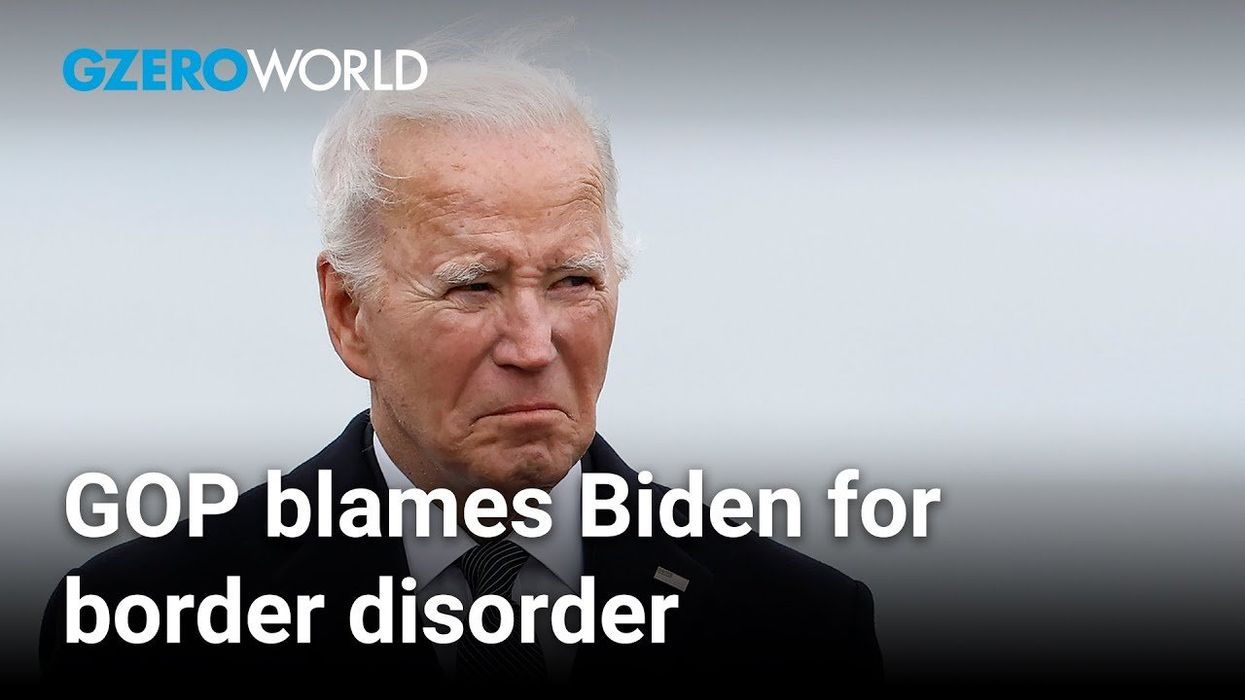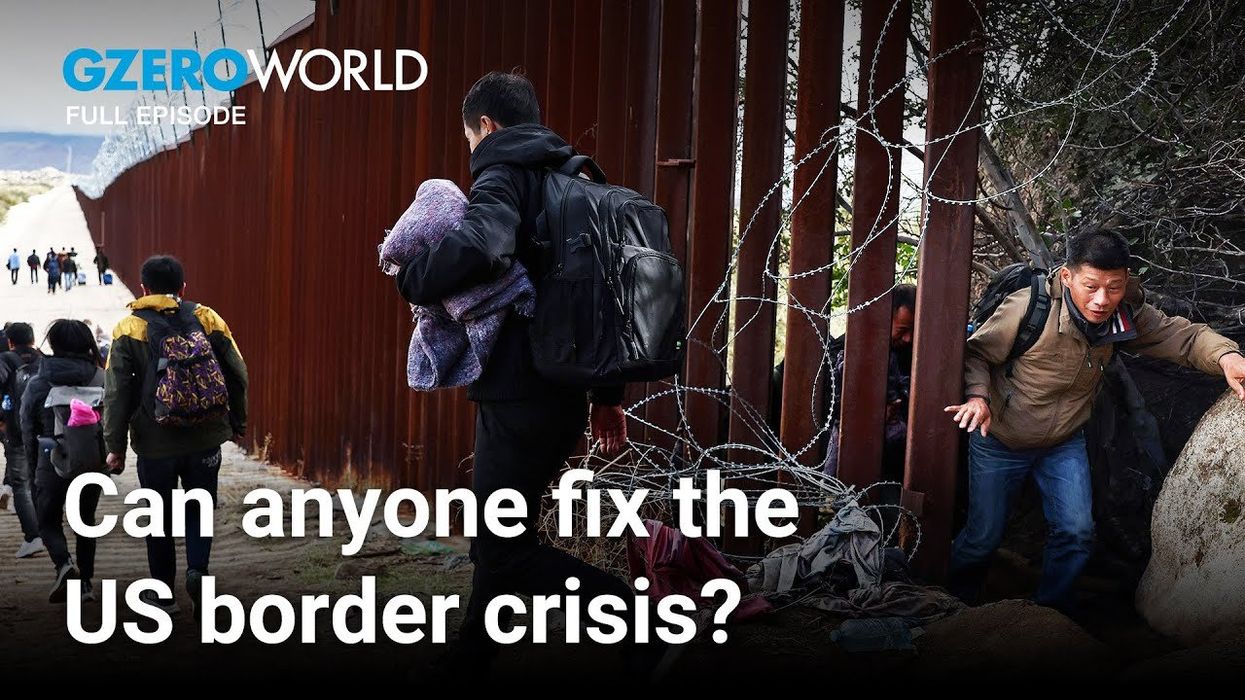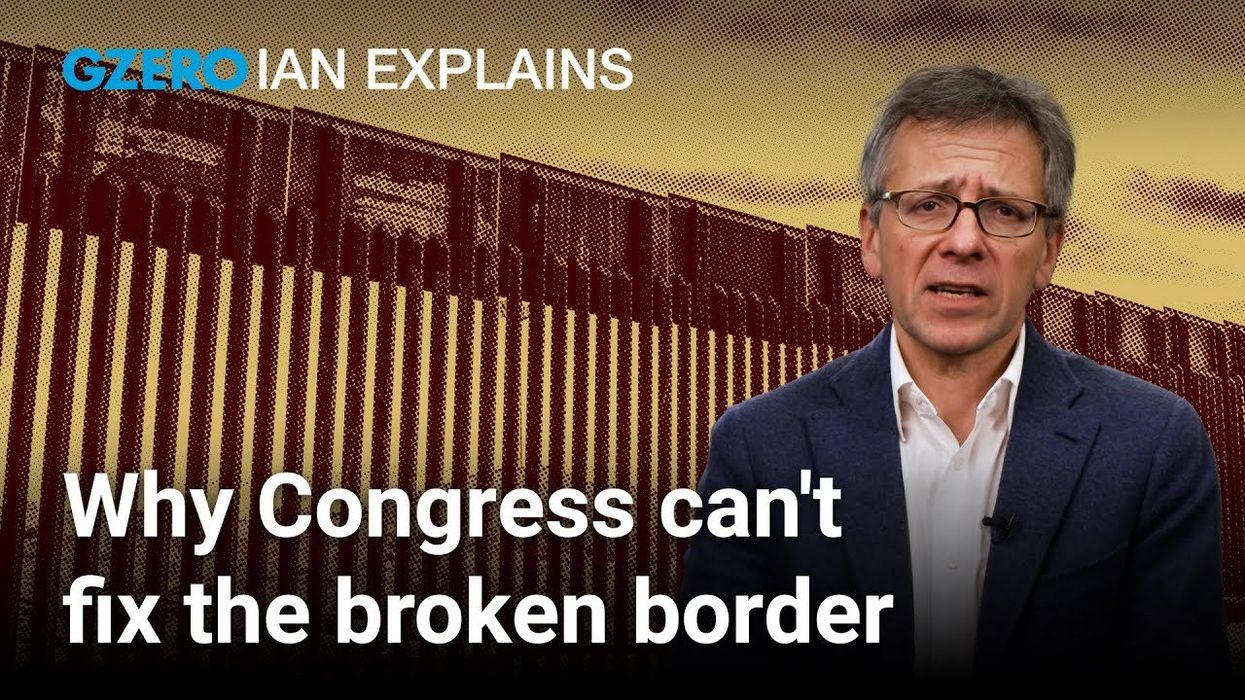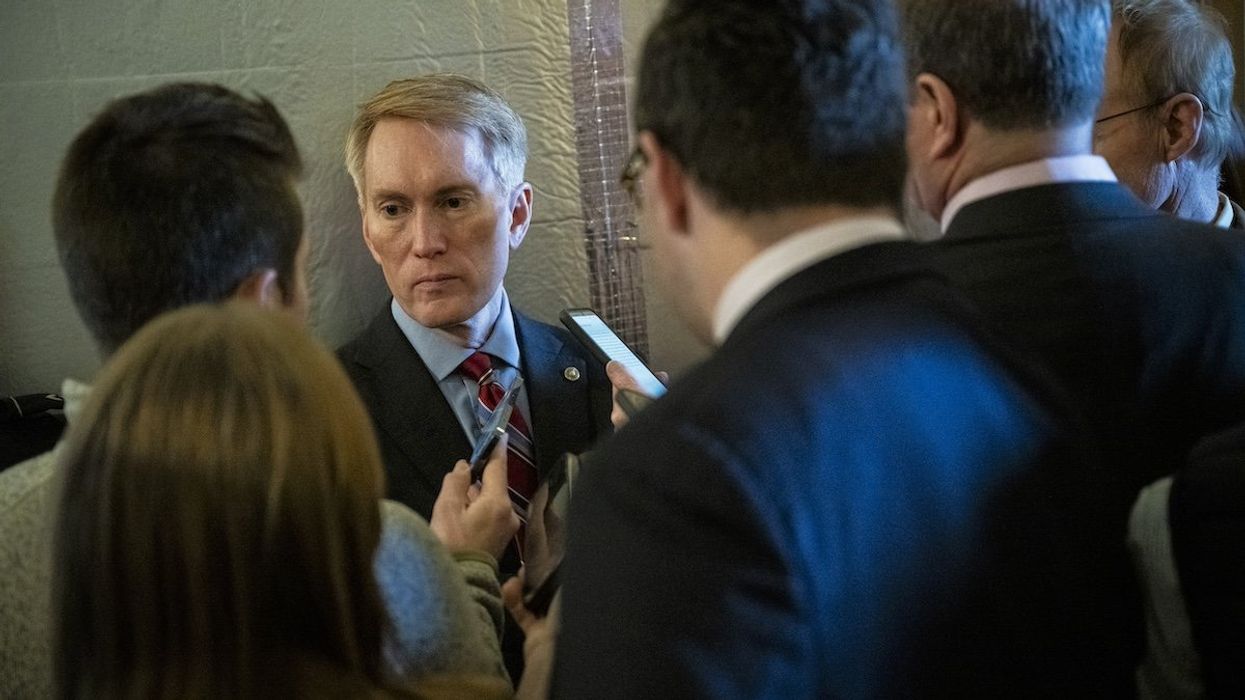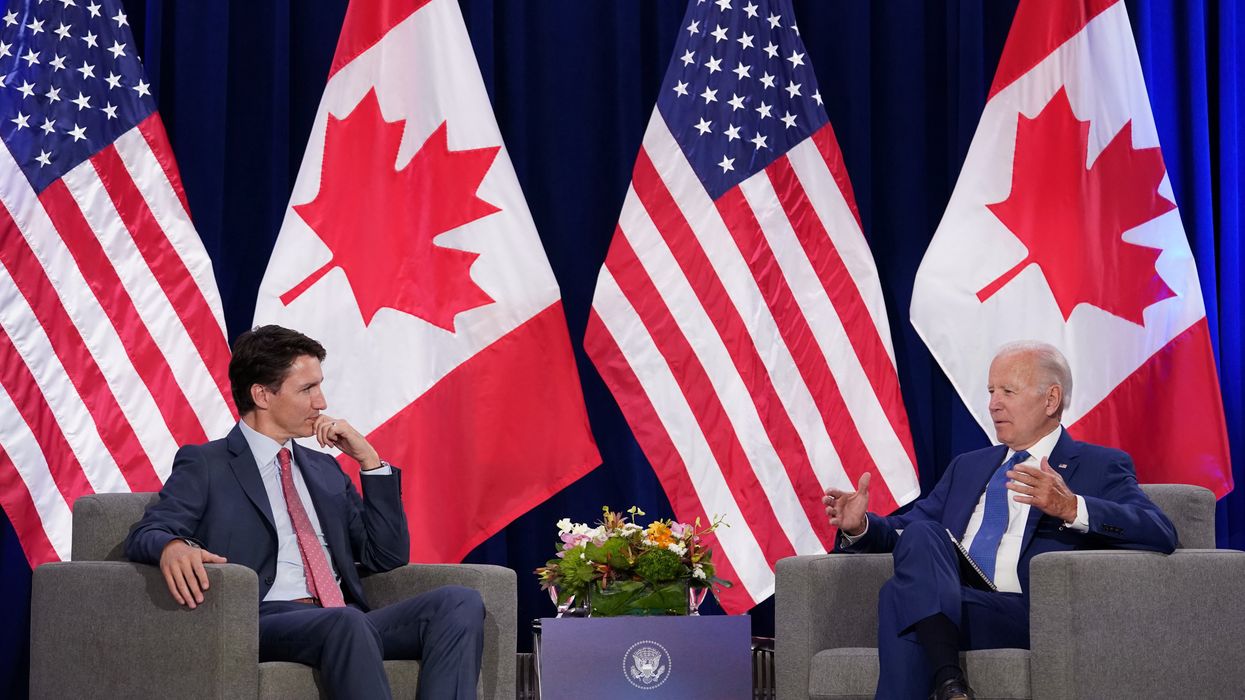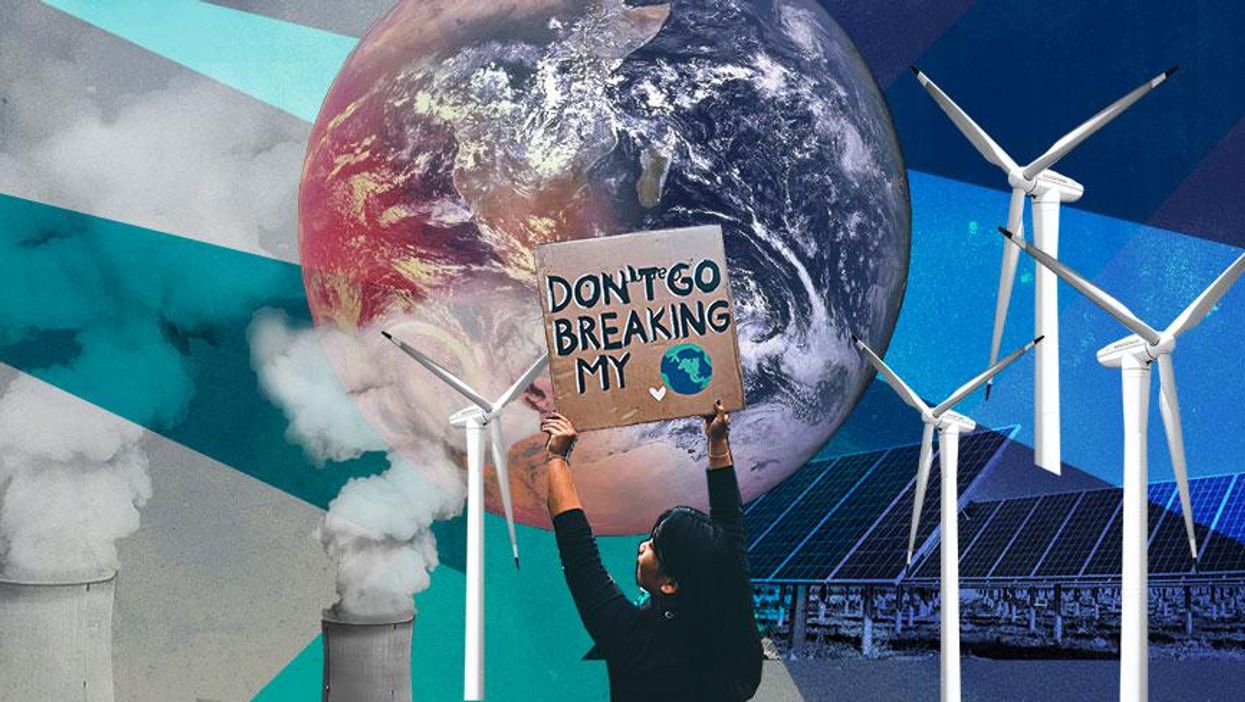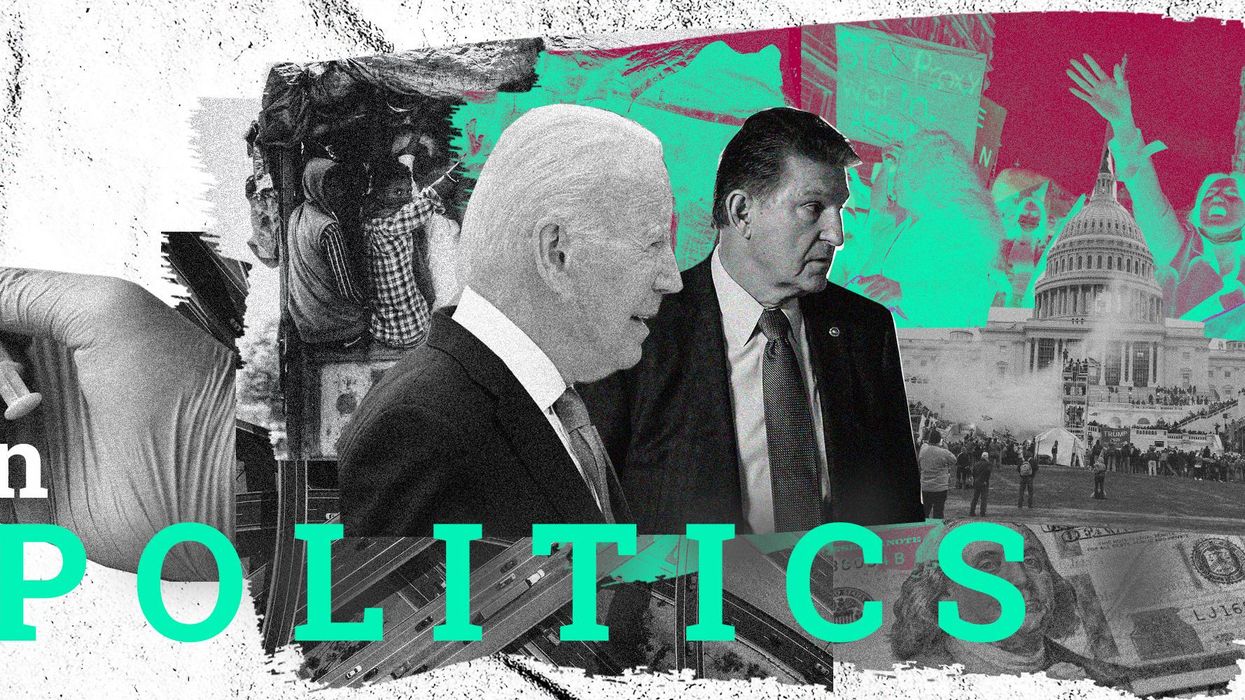GZERO Europe
Ukraine frustrated by delay on long-range weapons
What's the reaction on the discussions ongoing considering the possibility of Ukrainians to use long-range strike weapons? What's the reaction to Germany's decision to partly at least reimpose on their border controls? Carl Bildt, former prime minister of Sweden and co-chair of the European Council on Foreign Relations, shares his perspective on European politics from Kyiv, Ukraine.
Sep 16, 2024

